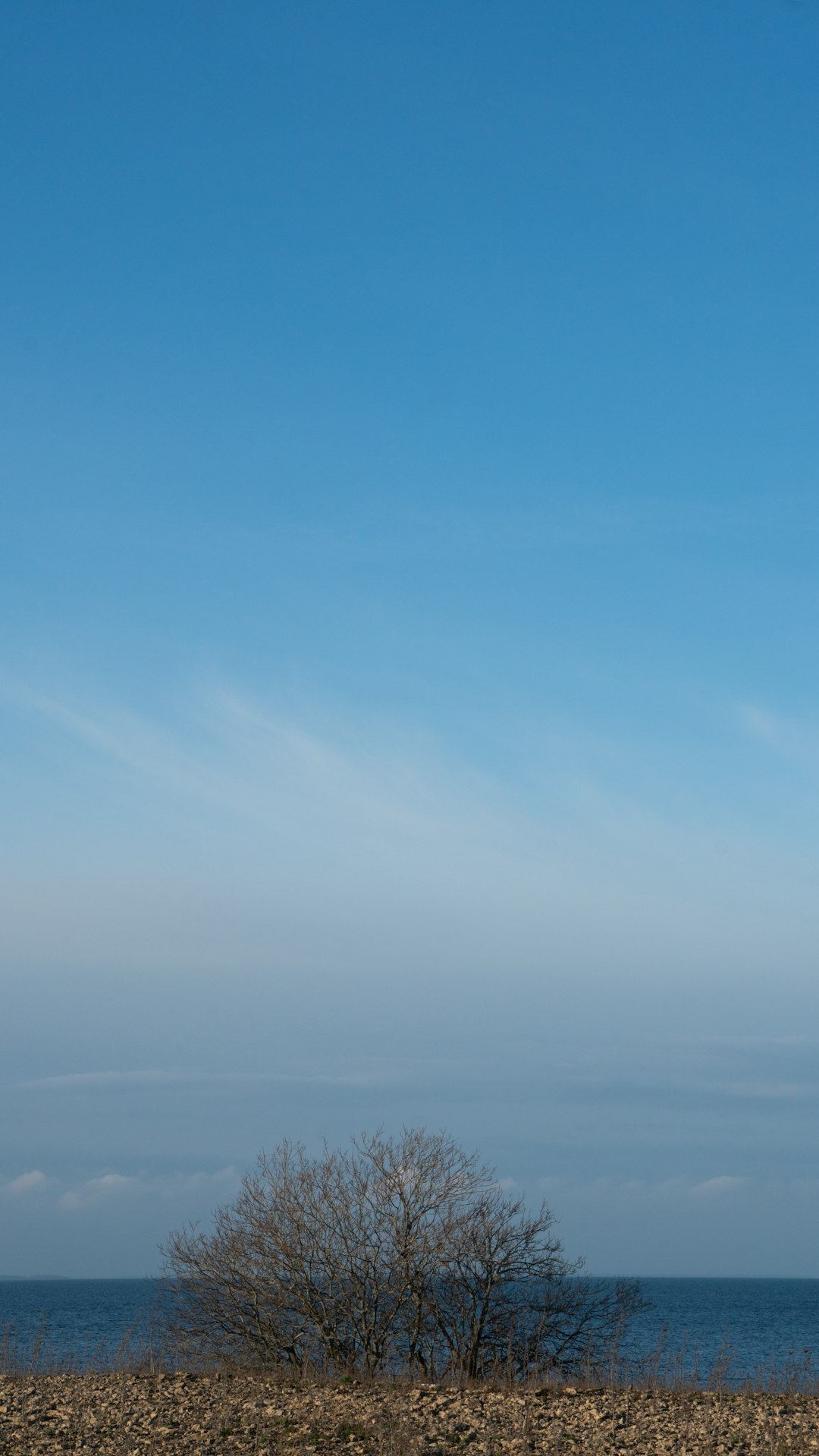PRAGUE -- When Hollywood film producer Jane Garnett scouted for a location to recreate early 20th-century Vienna's cobblestone streets and baroque façades, she found it 110 kilometres north of the Austrian border: in Prague.
The Czech capital was selected for the shooting of
The Illusionist, a Bull's Eye Entertainment film starring Edward Norton and set for release next year, over sites in Romania, Bulgaria and Hungary. "We were looking where we could get the biggest bang for our buck" that also "would make sense creatively," Los Angeles-based Garnett said in a telephone interview. "It was a $17-million (U.S.) movie but we wanted it to look like a $40-million movie."
Scenes from
Mission Impossible and
XXX were filmed in the Czech Republic, whose movie industry annually attracts $83-million from abroad as filmmakers seek lower costs from production, wages and taxes.
The cost of building film sets in Eastern Europe are 30-per-cent to 50-per-cent cheaper than in Hollywood, said David Minkowski of Prague-based
Stillking Films.
The Czech Republic is more popular than even cheaper parts of Eastern Europe because it offers better equipment, sets and staff, according to film executives in Hollywood and Prague.
Hiring an extra in the United States may cost between $100 and $150 a day. Czech extras cost about $30 and extras in Romania are $15.
Filmmaking in the region, which produced such names as Czech Oscar-winner Milos Forman and Poland's Roman Polanski, has reshaped itself after decades under Communist control.
Twenty-one feature films were shot in the Czech Republic in 2004, compared with 14 in 2003, according to the European Audiovisual Observatory, based in Strasbourg, France. In 2004, 57 films were produced in Britain, down from 68 the year before. In France, the number of films produced fell last year to 167 from 183. Fifteen movies were made in Poland, 11 in Romania and four in Bulgaria.
In Hungary, Andrew Vajna, who produced the
Rambo and
Terminator movies, is building a $186-million film studio due to open later this year. Metro-Goldwyn-Mayer's
Blood and Chocolate, about a teenage werewolf, went to Romania and Brian De Palma's
The Black Dahlia is being partly filmed in Bulgaria.
Hungary allows foreign movie-production companies to deduct 20 per cent of corporate income tax, under its 2003 film act.
Still, Prague remains the No. 1 choice for Eastern European filmmaking, said Garnett and Minkowski.
Garnett spent 46 days in the country shooting
The Illusionist, an adaptation of Steven Millhauser's short story about a magician in early 1900s Vienna. This year's release of Polanski's $61-million
Oliver Twist and Andrzej Bartkowiak's $70-million Doom add to Czech cinematographic credentials.
"We also considered shooting it in Romania," Polanski told the newspaper Mlada Fronta Dnes. "It would obviously have been significantly cheaper, but the studios there definitely cannot offer the quality" of Prague.
The Czech film industry, which includes more than 100 production companies, is anchored by the
Barrandov Studios, founded in 1921 by Milos Havel, an uncle of former president Vaclav Havel. Barrandov became the centrepiece of Czech filmmaking in the 1930s, and its shining lantern logo has survived both the Nazi occupation, which used the facilities to churn out ideological propaganda, and 40 years of communism.
Since the fall of communism in 1989, more than 80 feature films have been shot. When Walt Disney Co.'s ABC needed an authentic street to film for
Anne Frank, the Whole Story, it looked to Prague and Barrandov. Among the features of Prague is its architecture, ranging from baroque to art deco, which escaped the bombings of the Second World War.
Los Angeles-based producer Tom Karnowski, in an interview during the 2002 shooting of
Shanghai Knights, which recreated London's Victorian-era Thames riverfront on Prague's Vltava (or Moldau) River, said Czech architecture couldn't be rivalled in the region.
Barrandov needs to upgrade existing studios after years of neglect endured while Moravia Steel, a steel maker that owns it, was trying to sell the business, said Norbert Auerbach, a former United Artists president who now lives in Prague: "Barrandov cannot stay competitive if it does not modernize. One of the problems of Barrandov has been that they have not invested into the infrastructure."
Barrandov Studios board Chairman Vladimir Kuba said his company will make upgrades. To accommodate more than one feature film at a time, Barrandov needs to build 4,000 square metres of studio floor next year, he said. Studios for commercials and a central parking lot are also planned. "Barrandov will fight to keep its high-quality standard," Kuba said. "The standard is here to stay."
By MAREK MILER
Saturday, August 27, 2005
Bloomberg News
